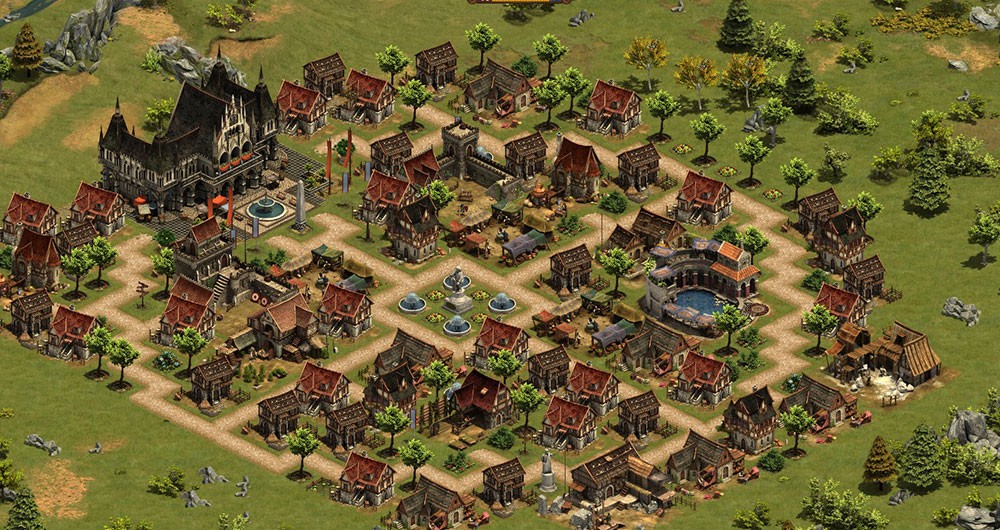Die besten Mittelalter-Spiele: 22 historische Meilensteine
Das Mittelalter ist und bleibt eins der besten Spiele-Szenarien. Und diese Spiele sind der Beweis!
Als General von oben, Pfeffersack über den Rechnungsbüchern oder mitten im Gefecht, das Mittelalter haben wir schon aus jeder denkbaren Perspektive gespielt — und es waren einige der besten Spiele aller Zeiten dabei! Age of Empires 2 etwa, bis heute einer der Könige der Echtzeitstrategie, und Aufbauspiel-Primus Anno 1404. Die Liste der großartigen Mittelalter-Spiele ist so lang wie Barbarossas Bart, und hier blicken wir auf die größten Mittelalter-Höhepunkte zurück.
Letztes Update: 4. August 2022
Geändert: Chivalry durch Chivalry 2 ersetzt, Age of Empires 4, Medieval Dynasty hinzugefügt
Obwohl keines der Spiele aus unserer folgenden Liste der besten Mittelalter-Spiele wirklich hundertprozentig historisch korrekt ist, haben wir uns entschieden, offensichtliche Fantasy-Szenarien nicht zu berücksichtigen, selbst wenn sie gefühlt im tiefsten Mittelalter angesiedelt sind und sich eigentlich nur die üblichen Greife, Trolle und Zauberzausel dazu addieren.
Knights & Merchants
Die Fangemeinde hält Knights & Merchants noch immer lebendig.
Entwickler: Joymania | Genre: Strategie | Release: 18. September 1998
Deshalb ein tolles Mittelalterspiel: Die Welt von Knights & Merchants bildet das europäische Mittelalter nach. Ganz genau genommen sogar das angelsächsische Mittelalter, wir befinden uns also auf der großen Insel im Norden Europas. Hier übernehmen wir die Rolle eines Hauptmanns im 13. Jahrhundert und dienen dem König, indem wir die zersplitterten Provinzen wieder unter einer Krone vereinen.
Geeignet für: Alt, gut und deshalb noch nicht vergessen, das wäre die Kategorie, in die wir Knights & Merchants einordnen. Das Aufbauspiel kombiniert die Knuddeloptik und die komplexen Wirtschaftskreisläufe der Siedler-Reihe mit einem umfangreichen Militärpart. Unser Feature-Favorit: Befehlen wir der Armee den Sturmangriff, lässt sich die Menschenwoge nicht mehr stoppen, bis sie ihr Ziel erreicht oder zusammenbricht.
Heute noch spielbar? Knights & Merchants schuf sich eine treue Fangemeinde, die das Strategiespiel trotz Einstellung durch den Entwickler auch nach fast zwei Jahrzehnten noch leidenschaftlich spielt, mit inoffiziellen Patches Bugs behebt und die Spielbarkeit vor allem im Multiplayer verbessert. Ihr könnt Knights & Merchants deshalb nach wie vor auf Steam einfach kaufen und loslegen.
Age of Empires 2
14:06
Age of Empires 2 — Test-Video zur Definitive Edition
Entwickler: Ensemble Studios | Genre: Echtzeit-Strategie | Release: 27. Oktober 1999
Deshalb ein tolles Mittelalterspiel: Age of Empires 2 knüpft direkt an seinen Vorgänger an, der nur bis in die Zeit der Antike vordringen konnte. Darauf folgt bekanntlich das Mittelalter und in Age 2 durchlaufen wir gleich mehrere Phasen dieser Epoche. Vom Frühmittelalter bis ins Späte 15. Jahrhundert erleben wir die geschichtsträchtigen Leben berühmter Figuren wie William Wallace, Johanna von Orleans aber auch nicht europäischer Ikonen wie Saladin.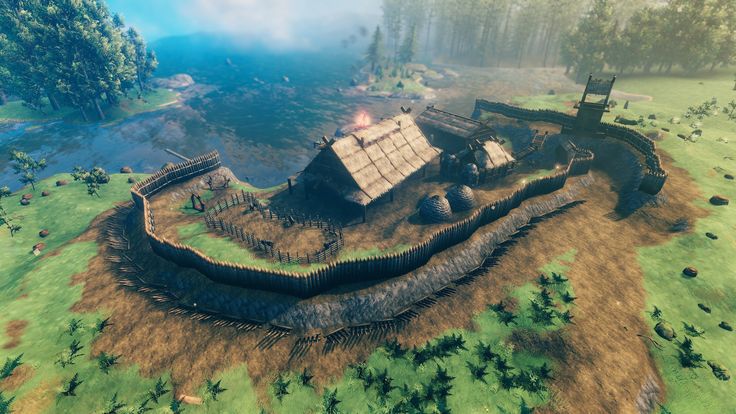
Geeignet für: Selbst 20 Jahre nach Release hält sich Age of Empires 2 noch als eins der besten Echtzeit-Strategiespiele aller Zeiten. Für uns ist es sogar das beste Strategiespiel überhaupt. Bis heute bietet es alles, was das Strategenherz begehrt: etliche Völker mit unterschiedlichen Spezialeinheiten, Basisbau, coole Kampagnen und den einzigartigen Moment der Schadenfreude, wenn der Gegner mit dem letzten flüchtenden Bauern gleich unser komplettes Heer in seine Burg lässt.
Heute noch spielbar? Der Klassiker läuft in der HD-Edition auch auf modernen Rechnern problemlos. Mit der Definitive Edition hat er obendrauf noch eine ganze Reihe an tiefgreifenden Verbesserungen bei Grafik und Interface erhalten.
Patrizier 2: Geld und Macht
Geld und Macht, statt Blut und Schlacht. Patrizier 2 macht uns zu einem Handelsherren der mittelalterlichen Hanse.
Entwickler: Ascaron Entertainment | Genre: Wirtschaftssimulation | Release: 27.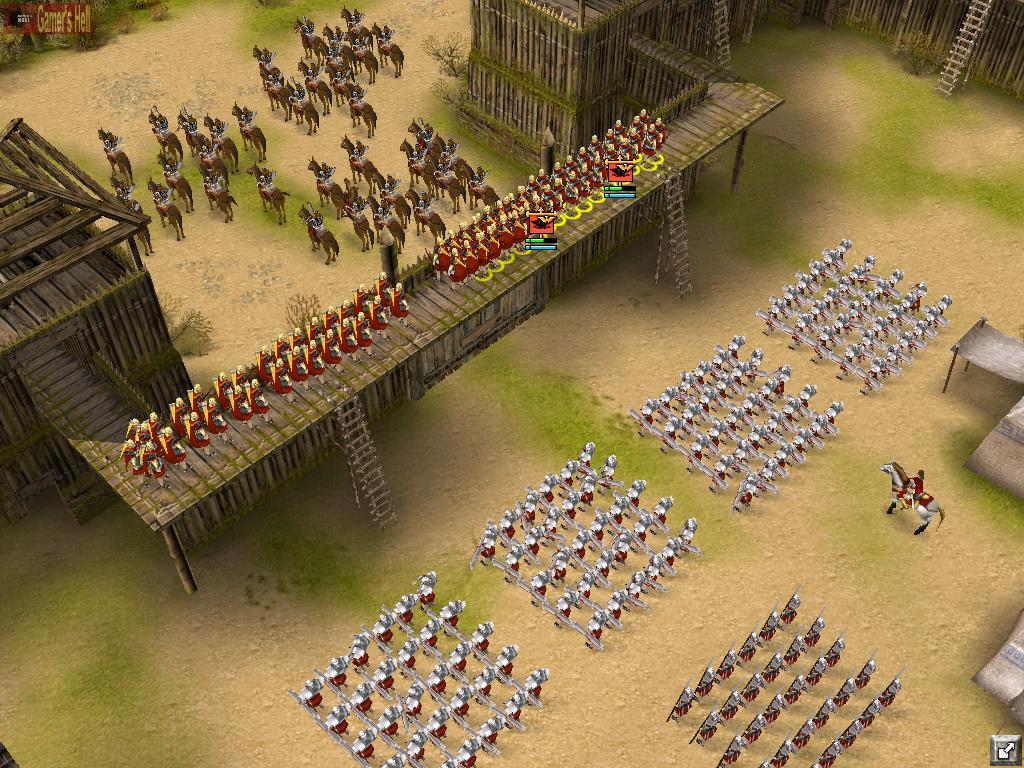 Dezember 2000
Dezember 2000
Deshalb ein tolles Mittelalterspiel: Das »Dunkle Zeitalter« ist nicht nur von Blut, Kampf und Pest geprägt. Vor allem in Deutschland war das Mittelalter auch eine Zeit, in der der Handel zwischen den Städten immer weiter professionalisiert wurde. Die Hanse erlangte etwa durch ihre Handelsverbindungen so viel Geld und Einfluss, dass sie auch politisch immer wichtiger wurde. In Patrizier 2 erleben wir den Aufstieg eines einfachen Schiffskapitäns zu einem der mächtigsten Männer des mittelalterlichen Norddeutschlands.
Geeignet für: Selbst wenn ihr Strategiespiele mögt, solltet ihr euch hier einer Sache bewusst sein. Patrizier 2 ist eine Wirtschaftssimulation durch und durch. Wer das Mittelalter also in erster Linie für seine martialischen Feldschalten liebt, ist hier eindeutig in der falschen Gasse. Hier müsst ihr gewinnbringend denken und Warenkreisläufe perfektionieren.
Heute noch spielbar? Das Spiel könnt ihr heutzutage nur noch im Bundle mit dem ersten Teil auf GOG bekommen.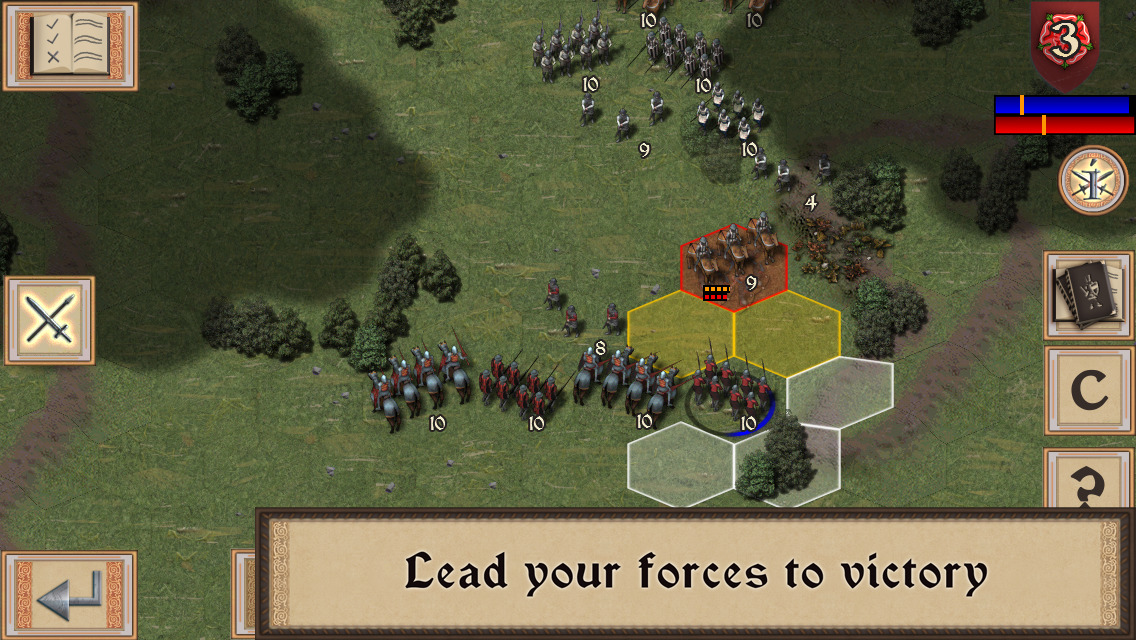 Spielen könnt ihr es aber nach wie vor ohne Probleme. In dem Fall profitiert ihr sogar davon, dass für eine Wirtschaftssim die Optik selten an erster Stelle steht. Hier geht es nämlich in erster Linie um die Mechanik und die funktioniert auch nach 20 Jahren keinen Deut schlechter.
Spielen könnt ihr es aber nach wie vor ohne Probleme. In dem Fall profitiert ihr sogar davon, dass für eine Wirtschaftssim die Optik selten an erster Stelle steht. Hier geht es nämlich in erster Linie um die Mechanik und die funktioniert auch nach 20 Jahren keinen Deut schlechter.
Stronghold
PLUS
3:56
Hall of Fame der besten Spiele — Stronghold
Entwickler: Firefly Studios | Genre: Strategie | Release: 19. Oktober 2001
Deshalb ein tolles Mittelalterspiel: Kein anderes Mittelalterspiel hat die Faszination für Burgen so gut verstanden wie Stronghold. Ein Mittelalter ohne diese Bollwerke wäre einfach undenkbar und hier mauern wir unsere eigene Festung hoch oder lassen nach einer Belagerungsschlacht nur noch Ruinen zurück. Stronghold spielt im Hochmittelalter und verlegt den Handlungsort je nach Lokalisierung nach Deutschland oder Großbritannien.
Geeignet für: »Es ist schon spät, Mylord, Ihr müsst müde sein. « Wenn selbst der Ingame-Berater eine Mütze Schlaf empfiehlt, hat ein Spiel so ziemlich alles richtig gemacht. Der Mix aus Wirtschafts- und Militärwesen, Aufbau und Abriss katapultiert Stronghold direkt in die Spielerherzen. Kein Spiel kann Belagerungsschlachten so gut wie dieses! Dabei punktet es mit einer spannenden Kampagne, macht aber auch im Multiplayer Spaß. Und sei es nur, weil wir selbst den Wettlauf um die besten strategischen Landmarken knapp für uns entscheiden und die Versorgungsroute mit den Transportochsen des Gegners nicht weit genug vom eigenen Ballistaturm entfernt verläuft.
« Wenn selbst der Ingame-Berater eine Mütze Schlaf empfiehlt, hat ein Spiel so ziemlich alles richtig gemacht. Der Mix aus Wirtschafts- und Militärwesen, Aufbau und Abriss katapultiert Stronghold direkt in die Spielerherzen. Kein Spiel kann Belagerungsschlachten so gut wie dieses! Dabei punktet es mit einer spannenden Kampagne, macht aber auch im Multiplayer Spaß. Und sei es nur, weil wir selbst den Wettlauf um die besten strategischen Landmarken knapp für uns entscheiden und die Versorgungsroute mit den Transportochsen des Gegners nicht weit genug vom eigenen Ballistaturm entfernt verläuft.
Heute noch spielbar? Dieses Strategie-Meisterwerk ist grandios gealtert und während die 3D-Nachfolger schon beim Release optisch nicht mehr zur herrschenden Klasse gehörten, kann man sich die zeitlose Grafik des ersten Teils heute noch ansehen. Und es spielt sich auch nach wie vor großartig. Wenn ihr mal reinschauen wollt, legt es euch am besten einfach die HD-Version auf Steam zu.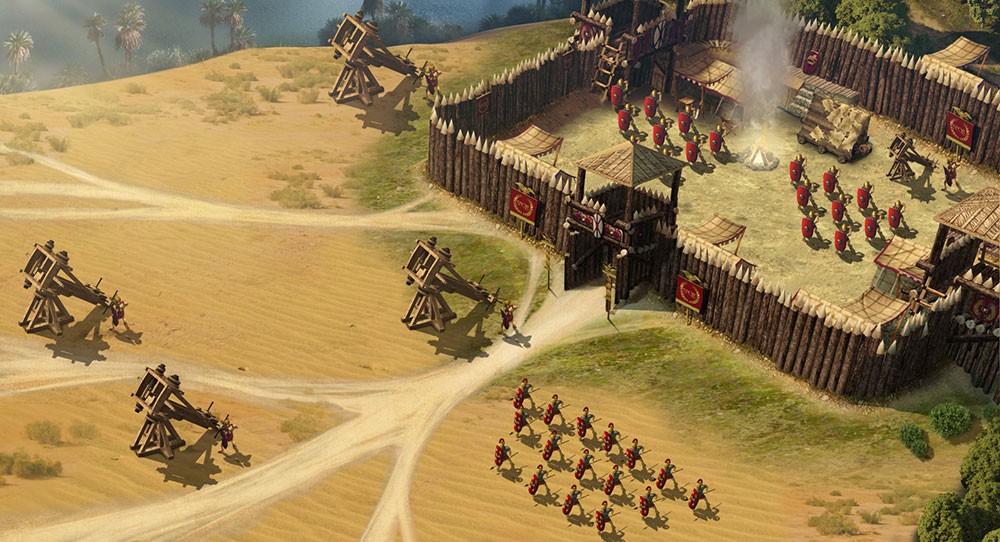
Die besten Mittelalter-Spiele: 22 historische Meilensteine
Das Mittelalter ist und bleibt eins der besten Spiele-Szenarien. Und diese Spiele sind der Beweis!
Als General von oben, Pfeffersack über den Rechnungsbüchern oder mitten im Gefecht, das Mittelalter haben wir schon aus jeder denkbaren Perspektive gespielt — und es waren einige der besten Spiele aller Zeiten dabei! Age of Empires 2 etwa, bis heute einer der Könige der Echtzeitstrategie, und Aufbauspiel-Primus Anno 1404. Die Liste der großartigen Mittelalter-Spiele ist so lang wie Barbarossas Bart, und hier blicken wir auf die größten Mittelalter-Höhepunkte zurück.
Letztes Update: 4. August 2022
Geändert: Chivalry durch Chivalry 2 ersetzt, Age of Empires 4, Medieval Dynasty hinzugefügt
Obwohl keines der Spiele aus unserer folgenden Liste der besten Mittelalter-Spiele wirklich hundertprozentig historisch korrekt ist, haben wir uns entschieden, offensichtliche Fantasy-Szenarien nicht zu berücksichtigen, selbst wenn sie gefühlt im tiefsten Mittelalter angesiedelt sind und sich eigentlich nur die üblichen Greife, Trolle und Zauberzausel dazu addieren.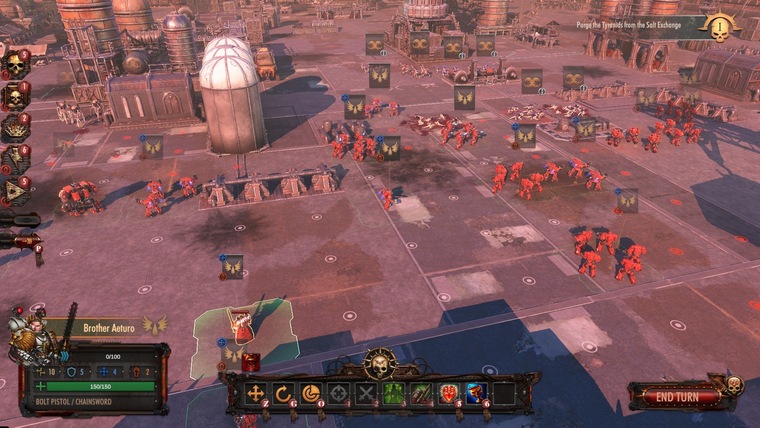
Knights & Merchants
Die Fangemeinde hält Knights & Merchants noch immer lebendig.
Entwickler: Joymania | Genre: Strategie | Release: 18. September 1998
Deshalb ein tolles Mittelalterspiel: Die Welt von Knights & Merchants bildet das europäische Mittelalter nach. Ganz genau genommen sogar das angelsächsische Mittelalter, wir befinden uns also auf der großen Insel im Norden Europas. Hier übernehmen wir die Rolle eines Hauptmanns im 13. Jahrhundert und dienen dem König, indem wir die zersplitterten Provinzen wieder unter einer Krone vereinen.
Geeignet für: Alt, gut und deshalb noch nicht vergessen, das wäre die Kategorie, in die wir Knights & Merchants einordnen. Das Aufbauspiel kombiniert die Knuddeloptik und die komplexen Wirtschaftskreisläufe der Siedler-Reihe mit einem umfangreichen Militärpart. Unser Feature-Favorit: Befehlen wir der Armee den Sturmangriff, lässt sich die Menschenwoge nicht mehr stoppen, bis sie ihr Ziel erreicht oder zusammenbricht.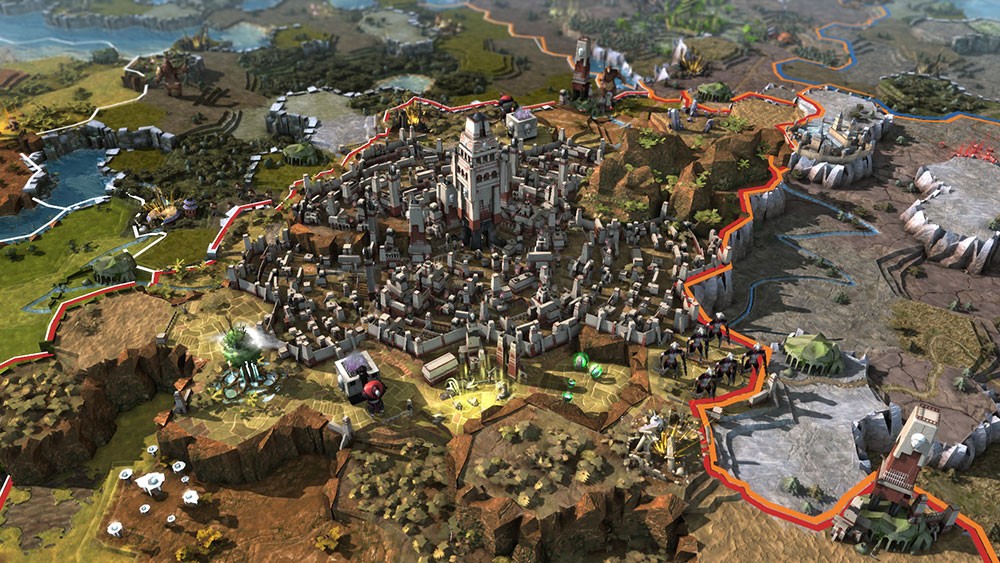
Heute noch spielbar? Knights & Merchants schuf sich eine treue Fangemeinde, die das Strategiespiel trotz Einstellung durch den Entwickler auch nach fast zwei Jahrzehnten noch leidenschaftlich spielt, mit inoffiziellen Patches Bugs behebt und die Spielbarkeit vor allem im Multiplayer verbessert. Ihr könnt Knights & Merchants deshalb nach wie vor auf Steam einfach kaufen und loslegen.
Age of Empires 2
14:06
Age of Empires 2 — Test-Video zur Definitive Edition
Entwickler: Ensemble Studios | Genre: Echtzeit-Strategie | Release: 27. Oktober 1999
Deshalb ein tolles Mittelalterspiel: Age of Empires 2 knüpft direkt an seinen Vorgänger an, der nur bis in die Zeit der Antike vordringen konnte. Darauf folgt bekanntlich das Mittelalter und in Age 2 durchlaufen wir gleich mehrere Phasen dieser Epoche. Vom Frühmittelalter bis ins Späte 15. Jahrhundert erleben wir die geschichtsträchtigen Leben berühmter Figuren wie William Wallace, Johanna von Orleans aber auch nicht europäischer Ikonen wie Saladin.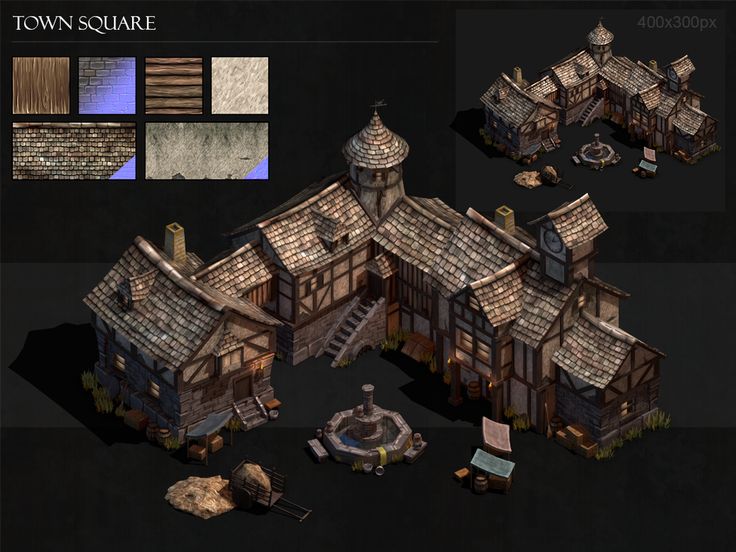
Geeignet für: Selbst 20 Jahre nach Release hält sich Age of Empires 2 noch als eins der besten Echtzeit-Strategiespiele aller Zeiten. Für uns ist es sogar das beste Strategiespiel überhaupt. Bis heute bietet es alles, was das Strategenherz begehrt: etliche Völker mit unterschiedlichen Spezialeinheiten, Basisbau, coole Kampagnen und den einzigartigen Moment der Schadenfreude, wenn der Gegner mit dem letzten flüchtenden Bauern gleich unser komplettes Heer in seine Burg lässt.
Heute noch spielbar? Der Klassiker läuft in der HD-Edition auch auf modernen Rechnern problemlos. Mit der Definitive Edition hat er obendrauf noch eine ganze Reihe an tiefgreifenden Verbesserungen bei Grafik und Interface erhalten.
Patrizier 2: Geld und Macht
Geld und Macht, statt Blut und Schlacht. Patrizier 2 macht uns zu einem Handelsherren der mittelalterlichen Hanse.
Entwickler: Ascaron Entertainment | Genre: Wirtschaftssimulation | Release: 27. Dezember 2000
Dezember 2000
Deshalb ein tolles Mittelalterspiel: Das »Dunkle Zeitalter« ist nicht nur von Blut, Kampf und Pest geprägt. Vor allem in Deutschland war das Mittelalter auch eine Zeit, in der der Handel zwischen den Städten immer weiter professionalisiert wurde. Die Hanse erlangte etwa durch ihre Handelsverbindungen so viel Geld und Einfluss, dass sie auch politisch immer wichtiger wurde. In Patrizier 2 erleben wir den Aufstieg eines einfachen Schiffskapitäns zu einem der mächtigsten Männer des mittelalterlichen Norddeutschlands.
Geeignet für: Selbst wenn ihr Strategiespiele mögt, solltet ihr euch hier einer Sache bewusst sein. Patrizier 2 ist eine Wirtschaftssimulation durch und durch. Wer das Mittelalter also in erster Linie für seine martialischen Feldschalten liebt, ist hier eindeutig in der falschen Gasse. Hier müsst ihr gewinnbringend denken und Warenkreisläufe perfektionieren.
Heute noch spielbar? Das Spiel könnt ihr heutzutage nur noch im Bundle mit dem ersten Teil auf GOG bekommen.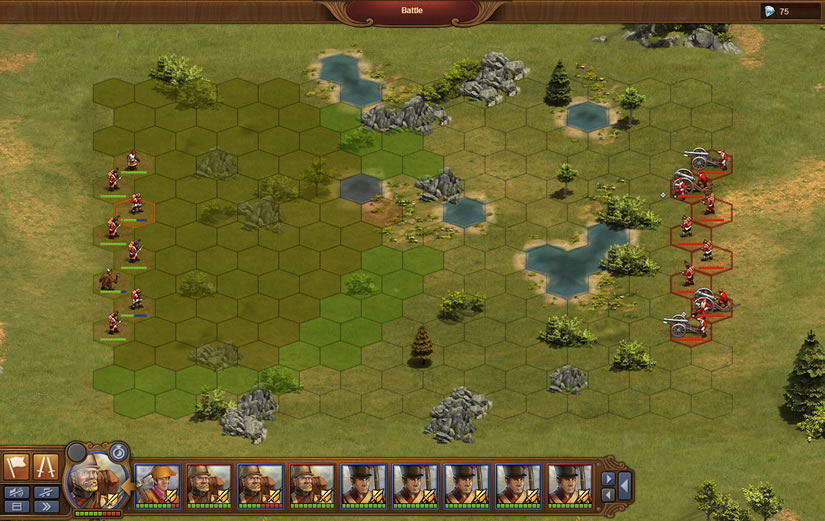 Spielen könnt ihr es aber nach wie vor ohne Probleme. In dem Fall profitiert ihr sogar davon, dass für eine Wirtschaftssim die Optik selten an erster Stelle steht. Hier geht es nämlich in erster Linie um die Mechanik und die funktioniert auch nach 20 Jahren keinen Deut schlechter.
Spielen könnt ihr es aber nach wie vor ohne Probleme. In dem Fall profitiert ihr sogar davon, dass für eine Wirtschaftssim die Optik selten an erster Stelle steht. Hier geht es nämlich in erster Linie um die Mechanik und die funktioniert auch nach 20 Jahren keinen Deut schlechter.
Stronghold
PLUS
3:56
Hall of Fame der besten Spiele — Stronghold
Entwickler: Firefly Studios | Genre: Strategie | Release: 19. Oktober 2001
Deshalb ein tolles Mittelalterspiel: Kein anderes Mittelalterspiel hat die Faszination für Burgen so gut verstanden wie Stronghold. Ein Mittelalter ohne diese Bollwerke wäre einfach undenkbar und hier mauern wir unsere eigene Festung hoch oder lassen nach einer Belagerungsschlacht nur noch Ruinen zurück. Stronghold spielt im Hochmittelalter und verlegt den Handlungsort je nach Lokalisierung nach Deutschland oder Großbritannien.
Geeignet für: »Es ist schon spät, Mylord, Ihr müsst müde sein.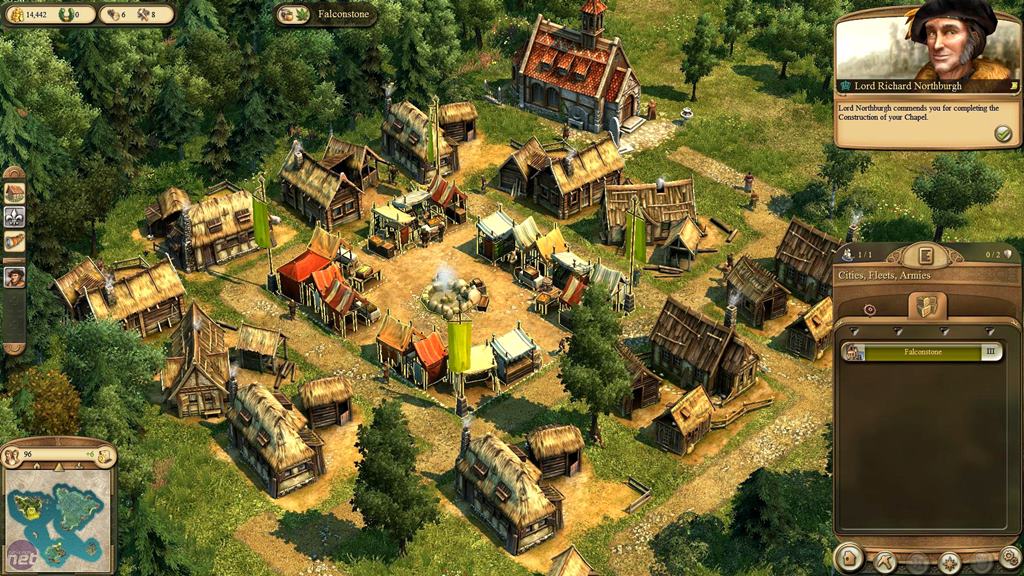 « Wenn selbst der Ingame-Berater eine Mütze Schlaf empfiehlt, hat ein Spiel so ziemlich alles richtig gemacht. Der Mix aus Wirtschafts- und Militärwesen, Aufbau und Abriss katapultiert Stronghold direkt in die Spielerherzen. Kein Spiel kann Belagerungsschlachten so gut wie dieses! Dabei punktet es mit einer spannenden Kampagne, macht aber auch im Multiplayer Spaß. Und sei es nur, weil wir selbst den Wettlauf um die besten strategischen Landmarken knapp für uns entscheiden und die Versorgungsroute mit den Transportochsen des Gegners nicht weit genug vom eigenen Ballistaturm entfernt verläuft.
« Wenn selbst der Ingame-Berater eine Mütze Schlaf empfiehlt, hat ein Spiel so ziemlich alles richtig gemacht. Der Mix aus Wirtschafts- und Militärwesen, Aufbau und Abriss katapultiert Stronghold direkt in die Spielerherzen. Kein Spiel kann Belagerungsschlachten so gut wie dieses! Dabei punktet es mit einer spannenden Kampagne, macht aber auch im Multiplayer Spaß. Und sei es nur, weil wir selbst den Wettlauf um die besten strategischen Landmarken knapp für uns entscheiden und die Versorgungsroute mit den Transportochsen des Gegners nicht weit genug vom eigenen Ballistaturm entfernt verläuft.
Heute noch spielbar? Dieses Strategie-Meisterwerk ist grandios gealtert und während die 3D-Nachfolger schon beim Release optisch nicht mehr zur herrschenden Klasse gehörten, kann man sich die zeitlose Grafik des ersten Teils heute noch ansehen. Und es spielt sich auch nach wie vor großartig. Wenn ihr mal reinschauen wollt, legt es euch am besten einfach die HD-Version auf Steam zu.
What computer games are good for children?
Computer games are a stumbling block for many parents. Most often there are two categorical positions. The first argues that computer games are evil and there is no justification for allowing children to play them. The second believes that a few computer games during the day will only benefit everyone — parents will get more free time, and the children will be busy at home, and will not disappear on the street in a bad company. Only this line of “play a little” is very often lost, parents want more and more time for themselves, and children react more and more emotionally to the request to stop their favorite game. nine0003
In fact, parental control is very important in this situation. While the children are small, it is worth choosing games for them on their own. And have older children regularly check what they play.
Why are computer games useful?
There are many articles that talk about the dangers of games.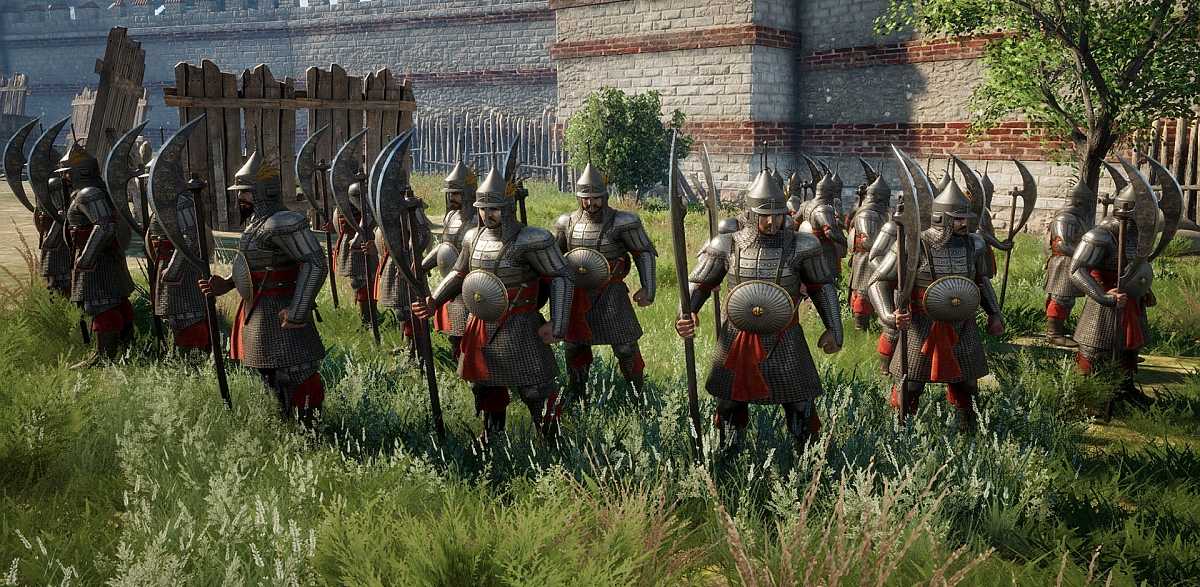 But today we will talk about the benefits that they can bring.
But today we will talk about the benefits that they can bring.
The current generation is called «digital». Maybe you should already accept this fact and instead of a strict ban on computer games, just choose from the whole variety those that will benefit your child? nine0003
What benefits can computer games bring? Winning the game will help build self-esteem for insecure and indecisive children. Many games encourage English language learning, as well as encourage independent study of various topics covered in the game, such as military history. After some games, the guys begin to read books related to them in terms of plot.
For older children, the passion for computer games can push them to learn programming, create their own games, draw characters, and so on. nine0003
At what age can you start playing?
Acquaintance with computer games can start from early childhood. Now there are many educational games for toddlers (children 1-3 years old). With their help, kids learn animals, colors, letters and numbers, develop fingers, learn to repeat words and play electronic musical instruments.
With their help, kids learn animals, colors, letters and numbers, develop fingers, learn to repeat words and play electronic musical instruments.
For those who are older, various games have appeared that help teach programming — build algorithms, learn programming syntax through the game, control the game character using C + +, and so on. nine0003
What to play?
Among the variety of these games, two products can be distinguished — Piktomir and Minecraft.
PictoMir is a Russian development aimed at older preschoolers and younger schoolchildren. With the help of this game, the guys learn to create the simplest algorithms — they give tasks to a virtual robot, the execution of which leads it to the desired goal. Programming is carried out in Russian, which makes this program accessible even for kids. nine0003
Minecraft programming for children is the study of algorithms and structures, as well as the development of 3D thinking in a playful way. Minecraft programming on the platform is carried out using programmable turtle robots.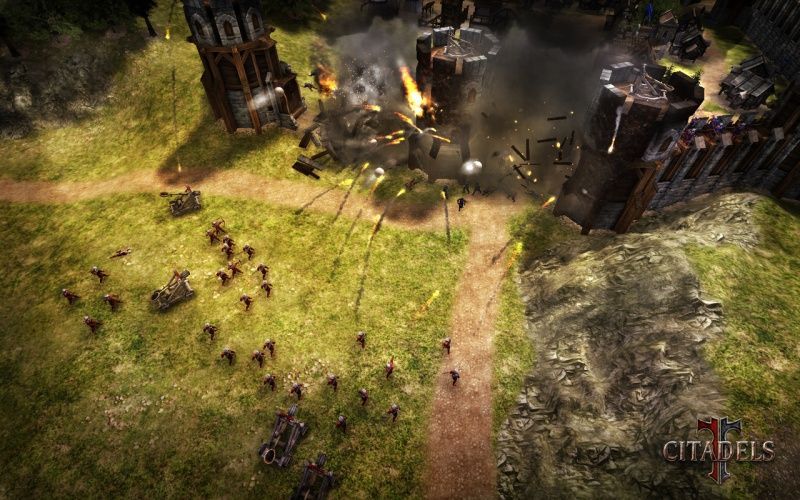 Programming is possible in two languages at once — visual (using symbol blocks that indicate specific actions) and text (writing text code to perform various tasks).
Programming is possible in two languages at once — visual (using symbol blocks that indicate specific actions) and text (writing text code to perform various tasks).
You can program the direction of movement of the turtle (up, down, right, left) and various actions. After writing the program, you can immediately test it by running the turtle in the game. If the task is completed, the program is written correctly. Turtles can be programmed to build various structures, dig tunnels, and extract useful items. nine0003
PictoWorld and Minecraft are presented at various sites of our Polycent educational courses.
|
Note: We organize Python programming for children. Projects such as YouTube, VKontakte, Instagram operate in this language. For more creative children, we conduct courses on 3D animation. We create images of three-dimensional objects using three-dimensional graphics. |
Computer games
Transcript of the conversation with the rector of the church Father Valentin on February 23, 2013
Greetings, colleagues, brothers and sisters!
On the agenda is a modern topic, which, one might say, is a week without a year, it is completely new. Why is this important to us? Because in the practice of Orthodox consciousness, one must always check everything with patristic experience, which clarifies and gives the correct vector for understanding and solving the problem. In our case, the holy fathers, of course, could not see even in a dream that one day a problem would arise, which we will discuss today. Although, of course, they have given the most general moral guidelines. nine0003
Why is this important to us? Because in the practice of Orthodox consciousness, one must always check everything with patristic experience, which clarifies and gives the correct vector for understanding and solving the problem. In our case, the holy fathers, of course, could not see even in a dream that one day a problem would arise, which we will discuss today. Although, of course, they have given the most general moral guidelines. nine0003
I remember one fantastic story, its essence is as follows: a spaceship from neighboring galaxies flies either intentionally or accidentally into the field of our Earth, begins to explore the planet, and at this time a galactic child runs from the spaceship for a walk. Meets a journalist. He is sitting in front of the computer, and suddenly the phrase runs across the monitor: «Let’s talk.» «Come on». We talked. «Let’s play?» «Let’s». «What?» He offers chess, as he plays quite well, has the first category. They begin to play, and the child masters it instantly, mathematically calculates all the moves with great speed.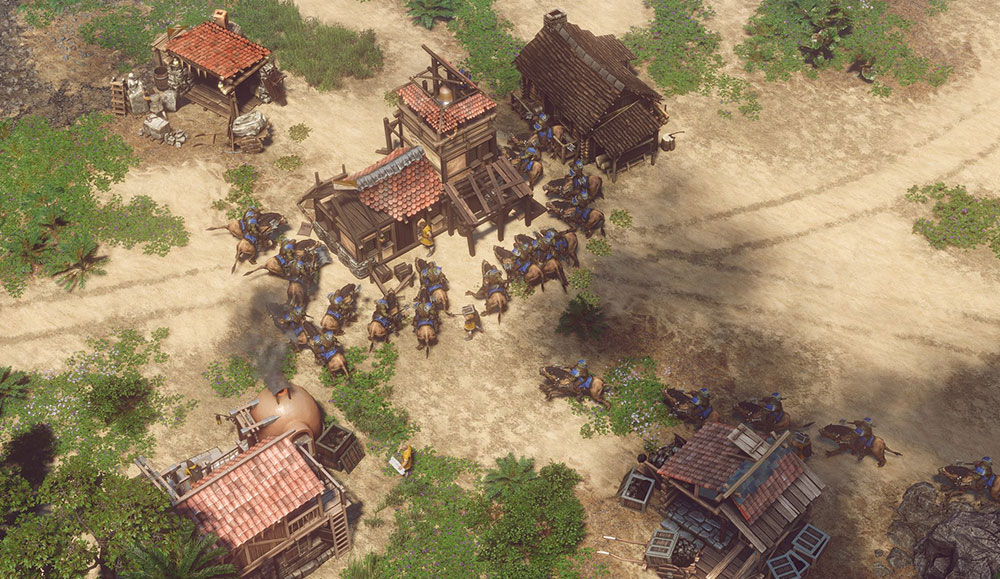 The journalist does not remain in debt, compensates others, intuitively sacrifices a piece, gains a positional advantage, and they start an exciting game, they go into the endgame when it is not very clear how everything will end, because in the endgame the number of moves approaches infinity. And suddenly the alien writes: «Sorry, they call home urgently.» He screams: “Wait! I’m winning!»… but the child runs away. This plot is intended to show the significance of the game in our human understanding as a means of communication, as one of the foundations for connecting people. nine0003
The journalist does not remain in debt, compensates others, intuitively sacrifices a piece, gains a positional advantage, and they start an exciting game, they go into the endgame when it is not very clear how everything will end, because in the endgame the number of moves approaches infinity. And suddenly the alien writes: «Sorry, they call home urgently.» He screams: “Wait! I’m winning!»… but the child runs away. This plot is intended to show the significance of the game in our human understanding as a means of communication, as one of the foundations for connecting people. nine0003
A computer game elevates us to the fundamental principles of communication, which compels us to turn to the ontology of the phenomenon, to the concept of the essence of the game, and thereby acquires a rather deep dimension. Let us ask ourselves: was there ever a time when humanity did not play? The answer is obvious: it wasn’t. It has always played. What’s more, it’s not the only one. Dogs, kittens, hippos, elephants, foxes — everyone plays.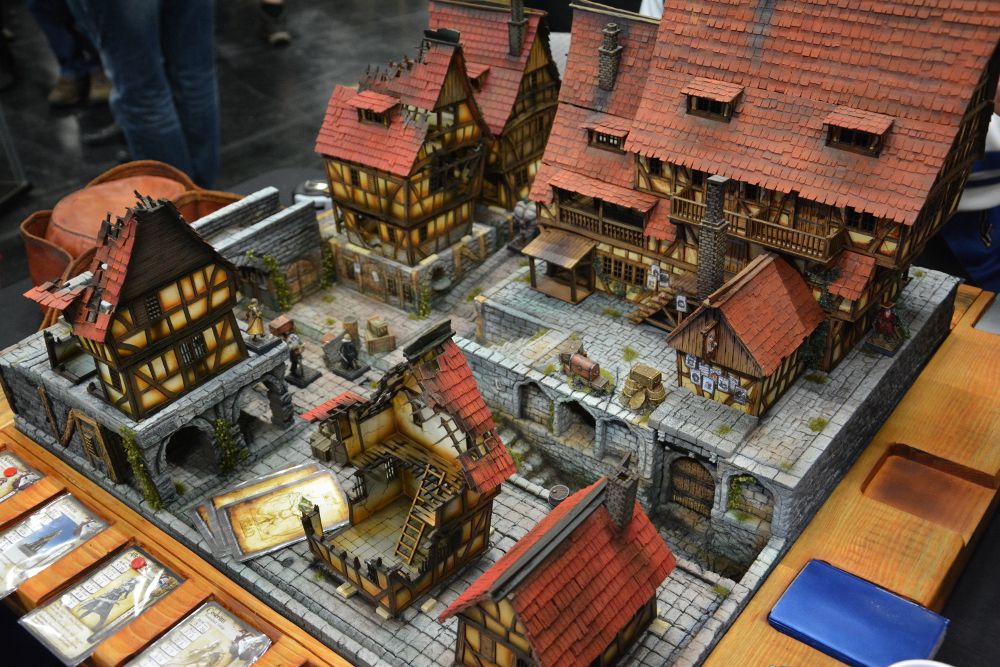 In this regard, I would like to refer to a quote from a very famous specialist in this field — Johan Huizinga, who wrote the famous treatise Homo Ludens («Man playing», 1938). It says the following: “The game cannot be denied. Almost all abstract concepts can be denied: right, beauty, truth, goodness, spirit, God. Seriousness can be denied. The game is not possible. But like it or not, recognizing the game, recognize the spirit. For the game, whatever its essence, is not something material. Already in the animal world it breaks the boundaries of physical existence. From the point of view of a deterministically conceivable world, a world of continuous interaction of forces, the game is in the fullest sense of the word superabundance (excess, excess). Only with the intervention of the spirit, which removes this universal determinism, the existence of the game becomes possible, conceivable, comprehensible. The existence of the game every hour confirms, and in the highest sense, the supralogical character of our position in the Universe.
In this regard, I would like to refer to a quote from a very famous specialist in this field — Johan Huizinga, who wrote the famous treatise Homo Ludens («Man playing», 1938). It says the following: “The game cannot be denied. Almost all abstract concepts can be denied: right, beauty, truth, goodness, spirit, God. Seriousness can be denied. The game is not possible. But like it or not, recognizing the game, recognize the spirit. For the game, whatever its essence, is not something material. Already in the animal world it breaks the boundaries of physical existence. From the point of view of a deterministically conceivable world, a world of continuous interaction of forces, the game is in the fullest sense of the word superabundance (excess, excess). Only with the intervention of the spirit, which removes this universal determinism, the existence of the game becomes possible, conceivable, comprehensible. The existence of the game every hour confirms, and in the highest sense, the supralogical character of our position in the Universe. Animals can play, which means they are more than just machines. We play, and we know that we are playing, which means that we are more than just rational beings, for the game is an extra-rational occupation. (Hizinga J. Homo Ludens . — M.: Progress, 1992. — p. 12-13.) So, let’s repeat for ourselves once again — is it possible to rationally engage in excess, excess? That is, the irrational beginning in the game sets a vector that points us to the Spirit that puts it into action. Apparently, Adam and Eve also played.
Animals can play, which means they are more than just machines. We play, and we know that we are playing, which means that we are more than just rational beings, for the game is an extra-rational occupation. (Hizinga J. Homo Ludens . — M.: Progress, 1992. — p. 12-13.) So, let’s repeat for ourselves once again — is it possible to rationally engage in excess, excess? That is, the irrational beginning in the game sets a vector that points us to the Spirit that puts it into action. Apparently, Adam and Eve also played.
Consider this question historically. They always played, but not as much and not as we play now. The intensity of the game in the monthly, weekly and daily circle varies from antiquity to the present time. Why? Because before, man could not afford to use enough strength to engage in such excess. In ancient times, the game was less ambitious and the time that is given to it now was not given then, because it was necessary to sleep and eat, and actually fight for survival. nine0003
nine0003
Games have always been divided into muscular-physical (example: Olympic in Greece) and intellectual (the same chess, the beginning of which no one can guess). In ancient times, people were engaged in both types, and only later they began to breed in connection with the commercialization of the game, which began to be involved in our lives on the basis of the economic ingredient. Although in private it was before. «Meal’n’Real!» — we remember the cry of the Roman crowd, from which it is clear that the emperors of Rome already reduced political tension through the display of spectacles. nine0003
The intensity of the passion for games increases more or less smoothly as we approach the Middle Ages and the New Age, and during the New Age it explodes exponentially — a whole revolution occurs when huge masses begin to play everyday, because technical progress and the release associated with it time give a person the opportunity to devote most of his life to the game.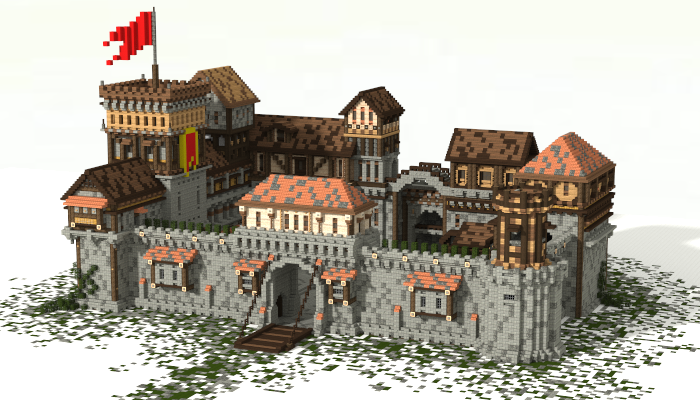 And now we have an unparalleled addiction to games, tied to the psychological demand for relaxation. A person cannot be constantly stressed. As we understand, the most complete rest is a change of activity, and the game is a fairly effective change. I don’t think you need to explain that lying on the couch is rest in the smallest sense. (True, there are certain psychological types who like to lie down, but in percentage terms they are quite few. Basically, if a person has a chance to somehow become involved in an action, he is involved). nine0003
And now we have an unparalleled addiction to games, tied to the psychological demand for relaxation. A person cannot be constantly stressed. As we understand, the most complete rest is a change of activity, and the game is a fairly effective change. I don’t think you need to explain that lying on the couch is rest in the smallest sense. (True, there are certain psychological types who like to lie down, but in percentage terms they are quite few. Basically, if a person has a chance to somehow become involved in an action, he is involved). nine0003
As already mentioned in the fantasy story I cited, the game takes on the meaning of communication. It is not typical for a person to be alone — he can either be with God (and then, by the standards of society, he can be “lonely”), or with someone of his own kind. And the game largely restores the process of communication, even for those who have it broken. This communicativeness is now taking on an amazing scale: remember the endless stadiums that gather 50-100 thousand people, remember the sports bars, in which the population of the entire Italian, for example, the city, is concentrated when there is a match.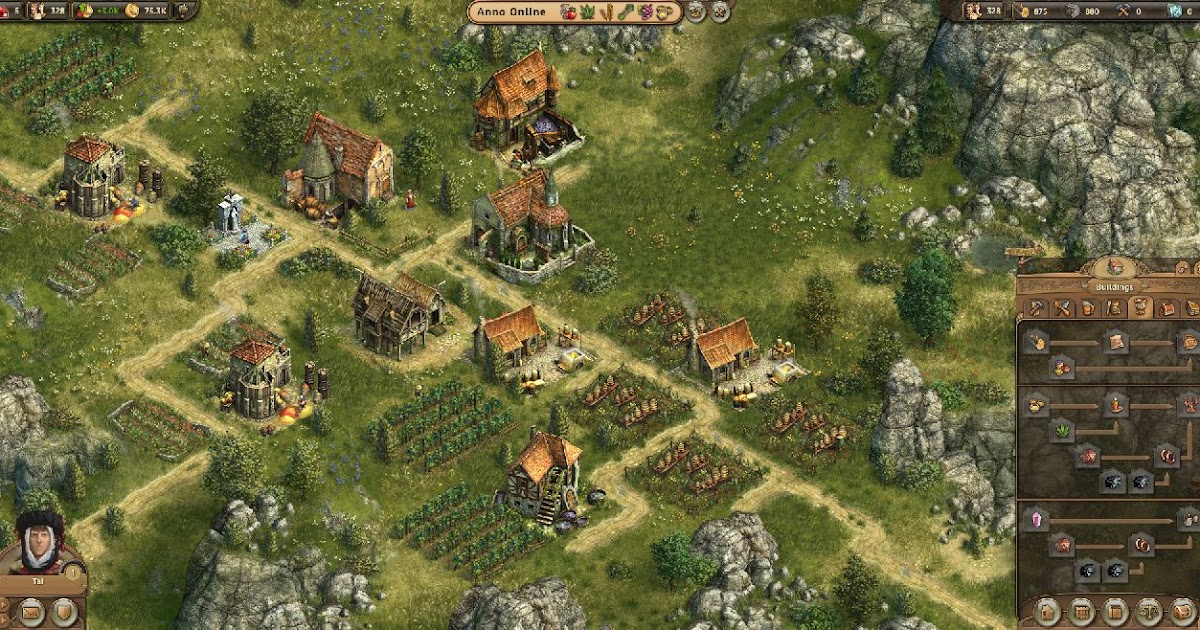 nine0003
nine0003
Having said about the features of the game as a means of communication and thus enriching ourselves, we discover the phenomenon that we have gathered to discuss today — computer games.
The first signs of the origin of computer games date back to the appearance of the Pascalina, Blaise Pascal’s adding machine, in 1642. That is, already in the middle of the 17th century there were echoes of a phenomenon that is now developing on a planetary scale. The first computers came out in 1943, and with them came the most primitive elements of the game. AT 90s we opened the borders and let computers into our territory, having received a model of computer games that offered completely new conditions. The mental and physical games that mankind has been playing throughout history have been replaced by new content and a new format.
What’s new? The most important thing is the imitation of reality, which has received such attractiveness. This is a phenomenon of extraordinary importance — no games have so fascinated the human mind, paralyzed the will, and we have the right to ask ourselves — why? What prompted us to designate this problem as catastrophic? nine0003
According to some reports, World of Warcraft is currently involving more than 10 million people in the game.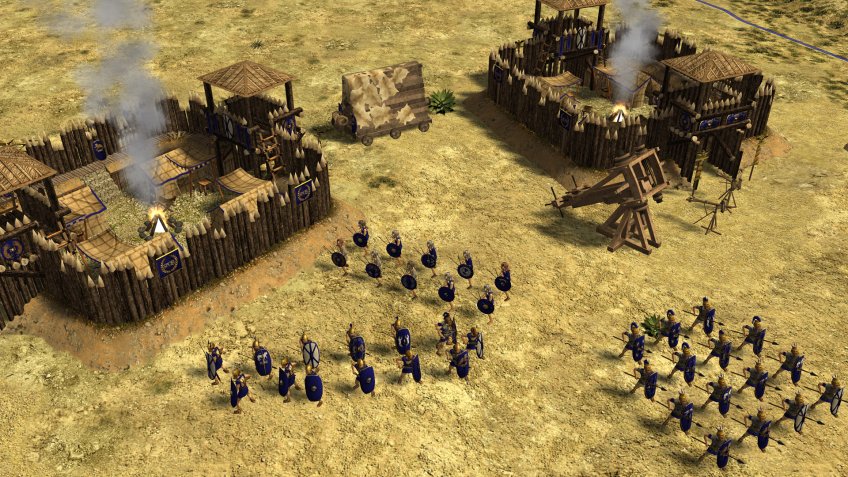 And not all of these people understand that they are playing with 10 million. Such scale and diversity give extraordinary appeal. Plus — detective background, which provides us with the plot of any game. This background has always attracted minds, with the exception of deep and well-developed ones — for them it is simply boring. But the minds are average and below average hang under this format. Take, for example, endless series — almost all are tied up with intrigue, each series poses a certain mystery, so tomorrow you must definitely watch the next one to find out what will happen there, even if we are at 99.9% can predict this. Agatha Christie herself is unraveled at once — and they still look. The construction of games is also based on interest — «what’s next?».
And not all of these people understand that they are playing with 10 million. Such scale and diversity give extraordinary appeal. Plus — detective background, which provides us with the plot of any game. This background has always attracted minds, with the exception of deep and well-developed ones — for them it is simply boring. But the minds are average and below average hang under this format. Take, for example, endless series — almost all are tied up with intrigue, each series poses a certain mystery, so tomorrow you must definitely watch the next one to find out what will happen there, even if we are at 99.9% can predict this. Agatha Christie herself is unraveled at once — and they still look. The construction of games is also based on interest — «what’s next?».
This interest develops in refined greenhouse conditions. If you go to a real medieval tournament, it is not clear whether you will return from there at all. Yes, and simpler entertainment — football, hockey, rugby — require a huge calculation. And everything is very pleasant with computer games: you sit over a cup of tea, over a roll of sausage and take part in a knightly battle. The combination of plans for imitation of danger, valor and hothouse conditions gives the syndrome of suction. There are many impressions, minimum physical costs, warm, cozy, satisfying — never and nowhere in the past have these conditions coexisted so harmoniously at first glance. It was even hot in the Roman Colosseum — they even stretched the roof there, because it was impossible to sit under the scorching sun. And then the air conditioner turned on — and you are not hot, even if you are a gladiator. nine0003
And everything is very pleasant with computer games: you sit over a cup of tea, over a roll of sausage and take part in a knightly battle. The combination of plans for imitation of danger, valor and hothouse conditions gives the syndrome of suction. There are many impressions, minimum physical costs, warm, cozy, satisfying — never and nowhere in the past have these conditions coexisted so harmoniously at first glance. It was even hot in the Roman Colosseum — they even stretched the roof there, because it was impossible to sit under the scorching sun. And then the air conditioner turned on — and you are not hot, even if you are a gladiator. nine0003
So, having given some idea of the computer gaming substrate, we should talk about the pros and cons that the game carries. First, as usual, about the pros.
Each person in a certain sense is a product of his era, and, accordingly, is called upon to respond to the demands of the time. If a person does not answer them — and not because he is immersed, for example, in Slavic studies or the history of medieval Rus’ — he is just a dummy.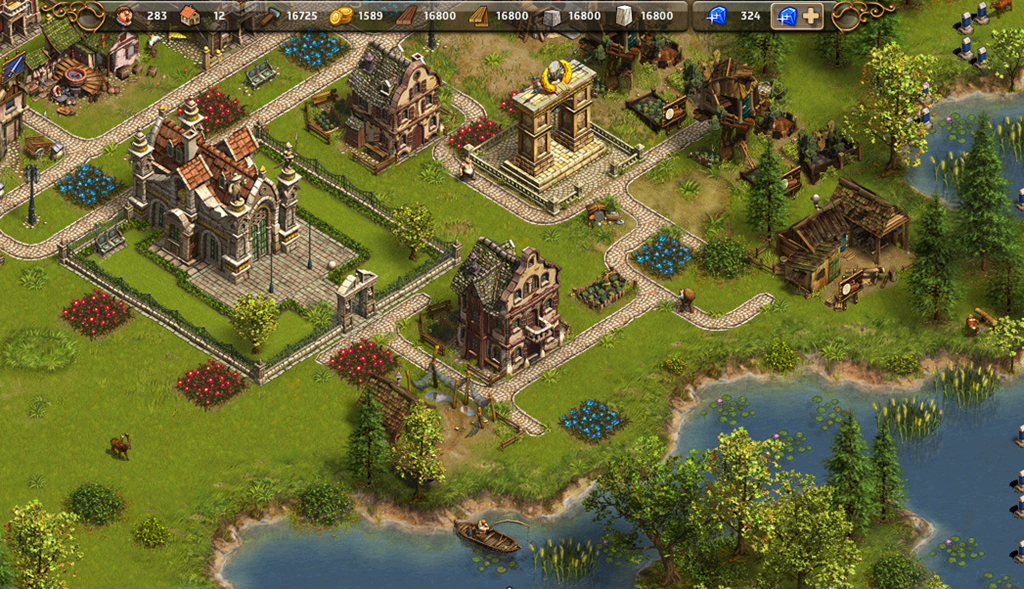 So the computer is a phenomenon and, moreover, command time. I can’t imagine any area in which now he does not play a role, and life in the future without him is impossible.
So the computer is a phenomenon and, moreover, command time. I can’t imagine any area in which now he does not play a role, and life in the future without him is impossible.
In spite of this seemingly routine, familiarization with this culture also has an image component. In Moscow, this is a common thing, but in some places in Russia it is quite prestigious to deal with computers.
In addition, the game also has developing sides. I took my daughter for vision correction, and the ophthalmologist put her at the computer so that she could watch the figures moving on the monitor. Apparently, at a primitive level, reactions, reflexes, coordination are thus honed, work with the mouse improves the nervous system. Plus, it improves memory. Against a fifteen-year-old youth, we older people are just dinosaurs, we can’t keep up with him, the way he remembers the order of actions, which in most games reaches double digits. A certain development of intellectual abilities in the course of the game can be fixed.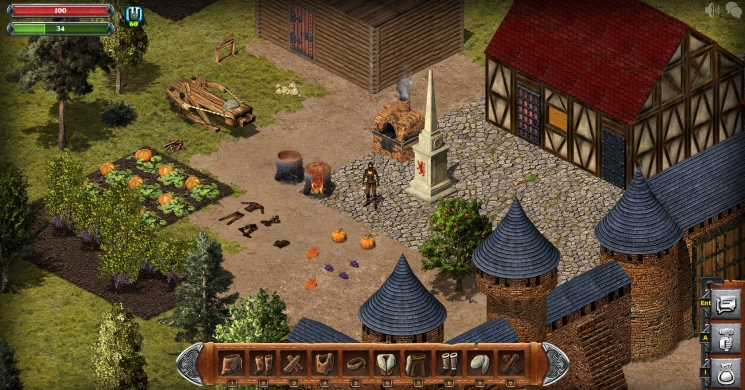 nine0003
nine0003
It should also be noted that even primitive play is a measure of creativity. When you need to make a decision quickly, creative reserves are used. Moreover, the will develops with patience. Another thing is that they do not extrapolate to other areas of life at all. And this is a huge threat, because the adepts of computer technology hoped that all this would work in a complex. But… it doesn’t work. All the positive features I have listed have notes, which we will now clarify. nine0003
Now about the cons and, unfortunately, there are more of them. The most dangerous is the imitation of reality, which is also called virtual. Virtual reality is literally possible. Virtual particles in physics are possible particles that may or may not appear. And virtual reality is like this: whether it exists or not. Judging by the way a child or a young man works with a computer, it seems that this reality exists, and its disappearing element only confuses the matter.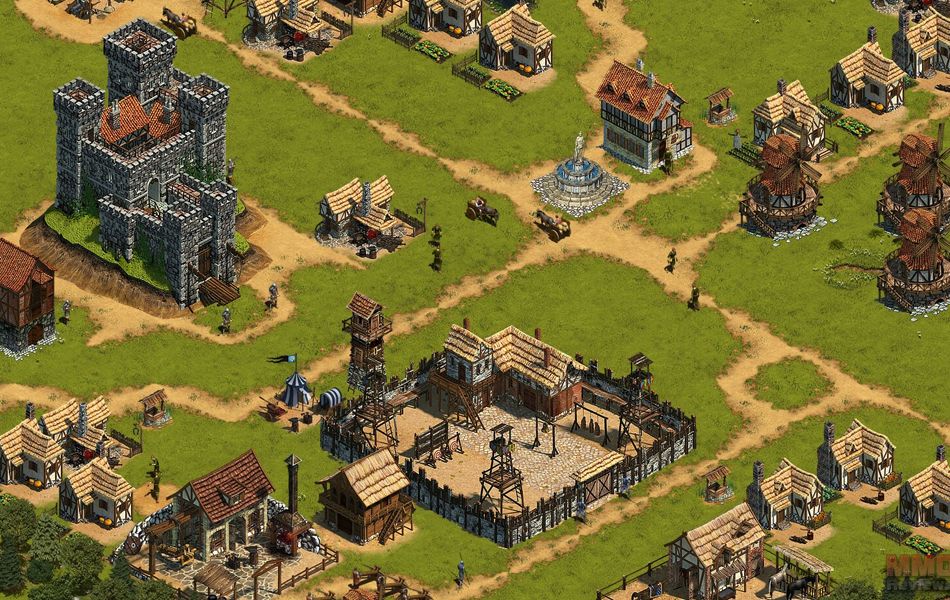 What is wrong if a person, sitting in an armchair, gets the opportunity to build a new life? This, it would seem, opens up bottomless prospects. What mother wouldn’t want to develop a child’s imagination endlessly? A person must be able to model reality. And in the past we already have a similar means of development, only deeper and more productive. Firstly, these are grandmother’s tales, and, secondly, books. There have always been grandmother’s tales, and the child, listening to them, built reality, developed fantasy. When books became available, a person also enriched the associative array, completed the picture, participated. The construction of reality during reading is very intensive, it involves creative forces as much as possible. nine0003
What is wrong if a person, sitting in an armchair, gets the opportunity to build a new life? This, it would seem, opens up bottomless prospects. What mother wouldn’t want to develop a child’s imagination endlessly? A person must be able to model reality. And in the past we already have a similar means of development, only deeper and more productive. Firstly, these are grandmother’s tales, and, secondly, books. There have always been grandmother’s tales, and the child, listening to them, built reality, developed fantasy. When books became available, a person also enriched the associative array, completed the picture, participated. The construction of reality during reading is very intensive, it involves creative forces as much as possible. nine0003
Now, when a ready-made visual range is offered, a person’s own creative participation becomes minimal. The visual-observational series has always been understood by specialists as secondary due to its initially given passivity of perception./cdn.vox-cdn.com/uploads/chorus_asset/file/24139871/riseofmoscow_thumb_4k.jpeg) And this is really a problem. As soon as television entered our way of life, a great variety of life entered with it, but someone else’s. And this life has become more interesting than his own. The more a person watches TV, the more he becomes impoverished, because he cannot build his own life: the vicissitudes of his own life require a lot of calculation. As soon as the finished video sequence appears, there is no need to strain. He draws you along. You do not carry it out, but he does you. And, of course, you quickly get used to it. And you no longer want to write, for example, a story — why, if you can watch something much more interesting that has already been done by someone else? ..
And this is really a problem. As soon as television entered our way of life, a great variety of life entered with it, but someone else’s. And this life has become more interesting than his own. The more a person watches TV, the more he becomes impoverished, because he cannot build his own life: the vicissitudes of his own life require a lot of calculation. As soon as the finished video sequence appears, there is no need to strain. He draws you along. You do not carry it out, but he does you. And, of course, you quickly get used to it. And you no longer want to write, for example, a story — why, if you can watch something much more interesting that has already been done by someone else? ..
There is a distortion of the basic parameters of anthropological characteristics — feelings, associations, communication. Yes, there is communication of 10 million people in the game, but it is clear that this is “Fedot, but not that one”: you don’t see the person’s face, you don’t talk to him, it’s as if a ramp separates you, and on the one hand it unchains, and on the other — deprives of responsibility, does not allow to strain as required, and most importantly — truncates a certain measure of feelings. I mean, of course, the basic feeling of love. If it begins to deform, the psyche changes and a person can simply degrade or even worse, go crazy. nine0003
I mean, of course, the basic feeling of love. If it begins to deform, the psyche changes and a person can simply degrade or even worse, go crazy. nine0003
The problem of the antinomy of the natural and the artificial is always before us, and in computer games they reach serious tension. The artificial differs precisely in the parameters of love. Remember Tamagotchi toys: some children’s nervous system was upset, and they grieved for a dead electronic creature, which seemed to have never existed… Behind this is an extraordinary psychological and, most importantly, spiritual deformation. The deformed nature of communications withdraws authentic life and provides another life. Followers of computer technology will say that it does not lead away, but, on the contrary, enriches and there is no need to complicate and think. Indeed, the controversy between the adherents of computer games and traditionalists will continue, and only in the future of mankind will we see positive or negative results. To date, it seems to us that they are negative. Because there are facts: the stress component has increased tremendously, nervous diseases are observed on an amazing scale, and we are really inclined to see on this the stamp of artificiality imposed by modern civilization in general and computer games in particular. nine0003
To date, it seems to us that they are negative. Because there are facts: the stress component has increased tremendously, nervous diseases are observed on an amazing scale, and we are really inclined to see on this the stamp of artificiality imposed by modern civilization in general and computer games in particular. nine0003
What other negative point do we see? Definitely aggression. All games are mostly active, tough, expressive. I’ve never played games, but I can hear the sounds that come from them — either the squeal of brakes, the growl of an engine, or the growl of a man who has stabbed another. Explosions, screams, interjections. I think there are some melodious melodrama games too, and I just don’t know the computer games market too much, but the leitmotif of the majority still produces cruelty, aggression, which become a person’s second nature. Fans of militants go against the grain and say that the more they see blood, murder, injustice, the more instinctive desires to do good and love are developed in them. We must treat this position with all seriousness and respect, because if we do not see a positive component, we will not be able to conduct any adequate dialogue. As soon as we switch to mentoring moralizing — that’s it, we put it, in musical terms, bekar, we failed the operation to build a dialogue. But homo ludens make up the vast majority of the civilized world (I don’t take Africa, the Middle East), they understand the game as a blessing, and this must be taken into account.
We must treat this position with all seriousness and respect, because if we do not see a positive component, we will not be able to conduct any adequate dialogue. As soon as we switch to mentoring moralizing — that’s it, we put it, in musical terms, bekar, we failed the operation to build a dialogue. But homo ludens make up the vast majority of the civilized world (I don’t take Africa, the Middle East), they understand the game as a blessing, and this must be taken into account.
Nevertheless, we still have to admit: endless fights, races, bloodshed end with the car overturning, you die, but then a lively, pretty one starts a new race … Games code, charge a person, at the level of reflexes he gets vaccinated. At the reflex level, a person from 6 to 20 years old (I take the conditional age of formation) gets used to artificial, aggressive, falsely real or real-with-distortions, in which there is no love and compassion, sticks to this way of living, and his hypnosis is total.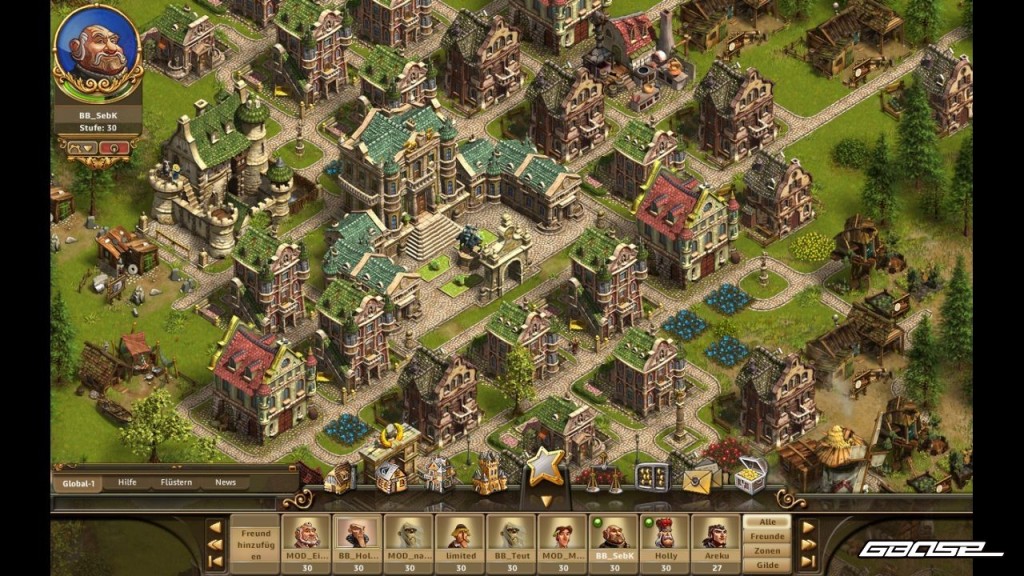 Pulling him away from the game is like taking a bowl from a dog when he is eating: even the kindest one can bite. Turning off the computer, the child plunges from an excellent, good life full of pleasures into another one that fits perfectly into the directives “clean the house, wash the dishes, make the bed, start doing homework.” The alternative is not in favor of true reality: it receives a purely negative dimension, which is fixed on associations and hardens in reflexes. As soon as the child turns away from the computer and sees the distorted face of the mother, he experiences not the most pleasant feeling. And the prospect of spiritual development shrinks for him. If I spoke about some possible development of the intellectual, the development of the nervous system, then there is no question of the spiritual here, because spiritual growth requires prohibitive measures, work with passions, which is inexpressibly difficult for a person relaxed by games. nine0003
Pulling him away from the game is like taking a bowl from a dog when he is eating: even the kindest one can bite. Turning off the computer, the child plunges from an excellent, good life full of pleasures into another one that fits perfectly into the directives “clean the house, wash the dishes, make the bed, start doing homework.” The alternative is not in favor of true reality: it receives a purely negative dimension, which is fixed on associations and hardens in reflexes. As soon as the child turns away from the computer and sees the distorted face of the mother, he experiences not the most pleasant feeling. And the prospect of spiritual development shrinks for him. If I spoke about some possible development of the intellectual, the development of the nervous system, then there is no question of the spiritual here, because spiritual growth requires prohibitive measures, work with passions, which is inexpressibly difficult for a person relaxed by games. nine0003
Now the main question for which everyone gathered — what can be opposed to the game? First you need to determine how sick our child is, how strongly he is addicted to this needle.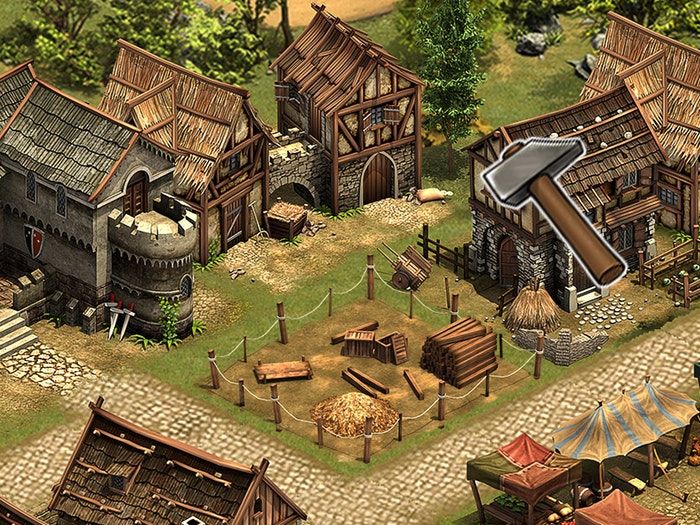 Usually we demonize this question a little and if a child sits at a computer for three hours, we are already going crazy. And what else should he do if, for example, he sees one negative from the maternal or paternal side? I insist that we do not panic ahead of time. Dependence can be detected under certain conditions. A threatening symptom is games at night, when the child is not even interested in sleeping, when he has interests b to are greater than the satisfaction of the body’s natural needs. You need to look at everything — for a violation of the diet, for the expression of the eyes, for the tone of the emotional mood: it is clear that when a toy is taken away from a person, the mood drops — but how long does it last, how quickly does a person switch to something else?
Usually we demonize this question a little and if a child sits at a computer for three hours, we are already going crazy. And what else should he do if, for example, he sees one negative from the maternal or paternal side? I insist that we do not panic ahead of time. Dependence can be detected under certain conditions. A threatening symptom is games at night, when the child is not even interested in sleeping, when he has interests b to are greater than the satisfaction of the body’s natural needs. You need to look at everything — for a violation of the diet, for the expression of the eyes, for the tone of the emotional mood: it is clear that when a toy is taken away from a person, the mood drops — but how long does it last, how quickly does a person switch to something else?
Under no circumstances should we demonize computer games, but what if we have a precedent for such dependence?
Let’s start from the contrary — what should not be done? Psychiatrists and psychologists say one thing — it is useless to show violence. By analogy with alcohol addiction: you need to bring a person to ensure that he himself agrees that he is sick and wants to be healed. All work should be directed towards this. How can a person be brought to this understanding? Verbal-creative therapy: to explain something without forbidding. This is the main rule — do not forbid, because otherwise we will receive the forbidden fruit, the danger of which we know: even in the ideal conditions of Paradise, the forbidden fruit worked, and Satan constantly plays on it. When we prohibit, we cut off our paths to communication, to ensure that the child understands us as a partner (I hope that the audience adequately understands my words: there should be prohibitions, of course, and I do not call for their complete elimination). We need creative therapy — to reflect together on life, on its meaning, to show some examples of the realization of this meaning in practice, and, most importantly, to give the child the opportunity to engage in this realization himself.
By analogy with alcohol addiction: you need to bring a person to ensure that he himself agrees that he is sick and wants to be healed. All work should be directed towards this. How can a person be brought to this understanding? Verbal-creative therapy: to explain something without forbidding. This is the main rule — do not forbid, because otherwise we will receive the forbidden fruit, the danger of which we know: even in the ideal conditions of Paradise, the forbidden fruit worked, and Satan constantly plays on it. When we prohibit, we cut off our paths to communication, to ensure that the child understands us as a partner (I hope that the audience adequately understands my words: there should be prohibitions, of course, and I do not call for their complete elimination). We need creative therapy — to reflect together on life, on its meaning, to show some examples of the realization of this meaning in practice, and, most importantly, to give the child the opportunity to engage in this realization himself.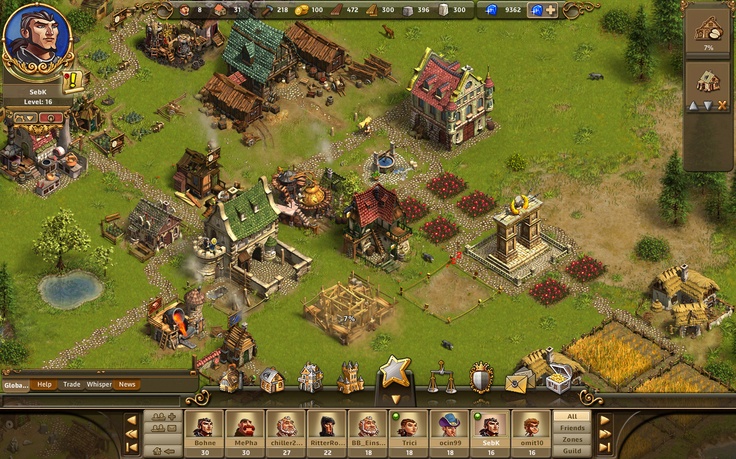 Here, of course, one, another, third interesting thing will help, which will balance the former hobby. If this does not work, there is only one hope — for age. If you work competently, fight for a person, giving him chances of self-realization, as you grow older, it may happen that a person simply plays enough. I have repeatedly met with the fact that people who are strongly involved in the gaming sphere left it and then, having already been vaccinated, did not return to it. Although, using the example of our TV, it can be noted that sometimes even time does not heal and sometimes a person cannot see enough to the grave …
Here, of course, one, another, third interesting thing will help, which will balance the former hobby. If this does not work, there is only one hope — for age. If you work competently, fight for a person, giving him chances of self-realization, as you grow older, it may happen that a person simply plays enough. I have repeatedly met with the fact that people who are strongly involved in the gaming sphere left it and then, having already been vaccinated, did not return to it. Although, using the example of our TV, it can be noted that sometimes even time does not heal and sometimes a person cannot see enough to the grave …
At the end of my excursion, I would like to say this. The situation regarding the alternative to computer games is sad in our country, as long as there is no real panacea for such games, but in no case should they be qualified as a negative phenomenon. Especially it is not necessary to demonize computer technologies themselves in general — this is the main idea that I want to convey. Each new time fought with its old one, each staged whole storms to prevent the arrival of the new, and this was always unsuccessful. I suppose the old people who told fairy tales and suddenly saw that “Murzilki” were coming out at every step and everyone was reading them, also scoffed about this. nine0003
Each new time fought with its old one, each staged whole storms to prevent the arrival of the new, and this was always unsuccessful. I suppose the old people who told fairy tales and suddenly saw that “Murzilki” were coming out at every step and everyone was reading them, also scoffed about this. nine0003
Computer technologies are the fruit of Christian civilization, its intellectual potential, which was realized in such a form. And this form has its trump cards: simplicity and speed of communication, the unity of the space of the entire globe. This must be understood and accepted, digested, because since this is an indirect product of Christian civilization, it will always have the means of the mind of God to transform malignant tissue into benign. But if we leave this field in absolute rejection, intervention and war, which we most often roll up, then we will simply be thrown to the sidelines of history. There is no turning back: history will someday end, and in order to end, it needs to go through all the stages of development.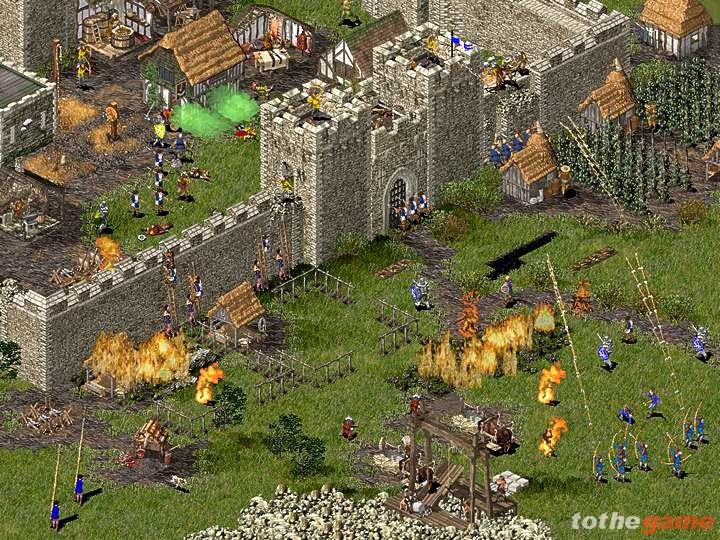 Therefore, by no means leaving this field, we must fight for it and develop our acceptance of it and some of our own methods. I had one thought — I thought that it was possible to create highly intellectual games that would give the soul positive currents of the wisdom of God, but when working directly with the material, I saw that this was impossible. Because as soon as we make games deep, they become less interesting and more difficult to master. The difficulty is also that the Orthodox environment in our country stands aloof from this — little literature is created on the topic, very few believers are engaged in this. Therefore, I urge you, brothers and sisters, to be patient, to draw conclusions, to state both negative and positive sides, to counteract the negative sides intelligently, using experience and gaining new ones. If you have any thoughts or questions, please. nine0003
Therefore, by no means leaving this field, we must fight for it and develop our acceptance of it and some of our own methods. I had one thought — I thought that it was possible to create highly intellectual games that would give the soul positive currents of the wisdom of God, but when working directly with the material, I saw that this was impossible. Because as soon as we make games deep, they become less interesting and more difficult to master. The difficulty is also that the Orthodox environment in our country stands aloof from this — little literature is created on the topic, very few believers are engaged in this. Therefore, I urge you, brothers and sisters, to be patient, to draw conclusions, to state both negative and positive sides, to counteract the negative sides intelligently, using experience and gaining new ones. If you have any thoughts or questions, please. nine0003
— Father Valentin, now more and more children are born with a weakened nervous system.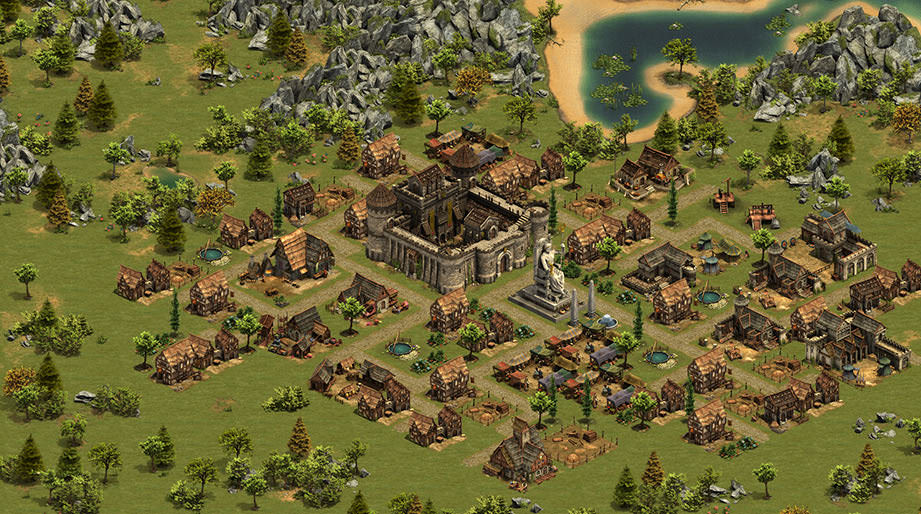 Even in the Bible there is a saying that up to a certain age, violence can be used on a child in one way or another. And if the mother sees that the child has a weakened nervous system and that it is easier for him to realize himself in virtual reality, and not in real life, does it make sense for the mother to use violence? Because sometimes you won’t achieve anything by persuasion…
Even in the Bible there is a saying that up to a certain age, violence can be used on a child in one way or another. And if the mother sees that the child has a weakened nervous system and that it is easier for him to realize himself in virtual reality, and not in real life, does it make sense for the mother to use violence? Because sometimes you won’t achieve anything by persuasion…
— Of course, force parent methods are required if necessary. The main thing is not to go too far. Another question is whether it is worth eliminating games altogether, excluding them from the horizon? .. Excessive isolation resembles a ghetto. And as soon as, years later, a person breaks out of it, compensation will begin. On the other hand, it can become such an early inoculation against the computer, when a person will already find himself in other interests and then will harmoniously relate to technology. Probably, you need to look at the inclinations of the child individually. At first, do not exclude, but limit the use of a computer, but after a certain age (at 12, at 14 … — depending on development), you need to stop aggressive intervention on this front of his interests and just talk to the child in order to become his friend, so that in For 20 years he has been in dire need of your advice. This is the main thing. You should always strive for one thing — that there is an understanding between you and a child at 20 years old. And most often we observe an educational mistake when a child at this age simply does not want to look at his parents… love, and wisdom and, most importantly, with prayer. nine0003
At first, do not exclude, but limit the use of a computer, but after a certain age (at 12, at 14 … — depending on development), you need to stop aggressive intervention on this front of his interests and just talk to the child in order to become his friend, so that in For 20 years he has been in dire need of your advice. This is the main thing. You should always strive for one thing — that there is an understanding between you and a child at 20 years old. And most often we observe an educational mistake when a child at this age simply does not want to look at his parents… love, and wisdom and, most importantly, with prayer. nine0003
— Now the danger is not so much computer games as social networks. Communication in them can hardly be called normal. If a person has already grown up, if he has been vaccinated against this, as you said, then he will communicate more or less normally in social networks. And if he gets there in infancy, there will be the same disease when a person just sits and spends time like this inferiorly . .. As soon as we let the child out into the yard, he can get used to not very good things, because the borders are open there, there is no structured society that the mother would like for the child, and in view of this, bad communities are unusually strong. The very idea of social classes has been deformed since the second half of the 20th century, and its name is globalization, which enters into rights, whether we like it or not. The quintessence of this process is the United States, a political entity that, through the fusion of many races and nationalities, has proved to be extraordinarily tenacious and has given the world this model. It flowed into the world, into Europe, where the European Union was formed. And these ideas are pushed further and further. Therefore, the recommendations of targeted monitoring of children by parents are correct, but it seems that in view of globalization, when, in addition to parents, a child is also influenced by, relatively speaking, half the world, they will not be very effective.
.. As soon as we let the child out into the yard, he can get used to not very good things, because the borders are open there, there is no structured society that the mother would like for the child, and in view of this, bad communities are unusually strong. The very idea of social classes has been deformed since the second half of the 20th century, and its name is globalization, which enters into rights, whether we like it or not. The quintessence of this process is the United States, a political entity that, through the fusion of many races and nationalities, has proved to be extraordinarily tenacious and has given the world this model. It flowed into the world, into Europe, where the European Union was formed. And these ideas are pushed further and further. Therefore, the recommendations of targeted monitoring of children by parents are correct, but it seems that in view of globalization, when, in addition to parents, a child is also influenced by, relatively speaking, half the world, they will not be very effective. This is where community action is needed. In general, I leave this question open, it is necessary to think over it further. nine0003
This is where community action is needed. In general, I leave this question open, it is necessary to think over it further. nine0003
— Let me add. Special educational social networks were developed for children. However, in our country, or, if we take it already, in the Moscow region, they have not received development — the internal brake of teachers who do not understand and do not accept anything, do not want to develop themselves prevented. Methods of totalitarian management exist in the school, but the unfree personality of the teacher cannot educate the free personality of the student. Therefore, these areas — for example, the program for the development of ICT competence of parents and teachers created by Academician A. M. Kondakov — failed. Even among people who work with a computer, there are those who say to children: «You can’t, it’s bad.» But we know that the forbidden fruit is sweet and that those children who do not receive dosed vaccinations for this, then receive an explosion of interest and simply die.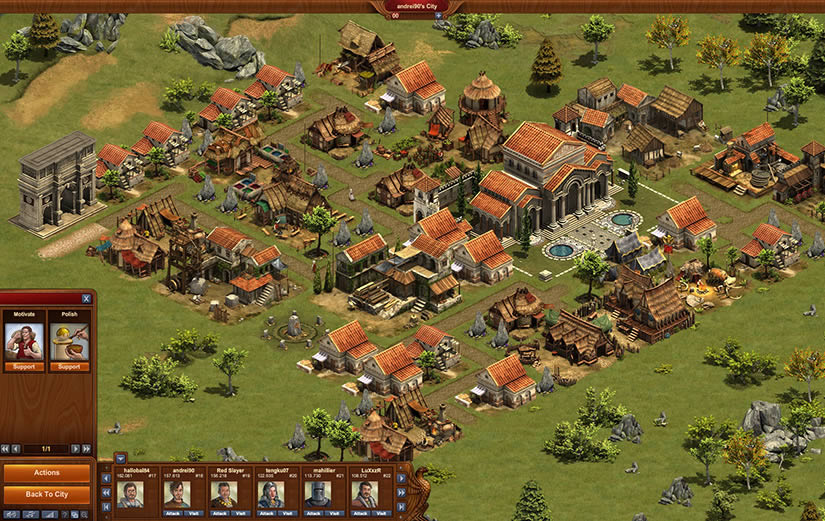 Everything should be in moderation, under control, systematically, and it is always necessary to counter the evil with the good, and there are such options. nine0050
Everything should be in moderation, under control, systematically, and it is always necessary to counter the evil with the good, and there are such options. nine0050
— I have heard about them, but I do not see the results of practical action. Let’s hope that life will take its toll and they will develop. It would be good if information about these projects was published more widely, so that everyone could see them and could think collectively. Do you have any more questions, brothers and sisters?
— I would like to reflect on the topic — what to oppose to computer games? I think that everyone, especially a parent, can only oppose himself. I work in a kindergarten and work with children myself — not games, but computer programs. I study the language with them and I must say that the idea of using a computer is a very big motivation for a child at this stage. Because if a child is told “learn English, it will help you in life”, this child will not be interested.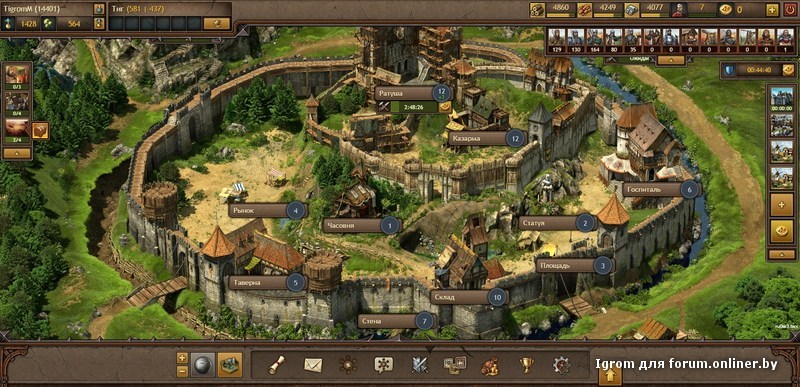 Now the children are retrained — for example, a boy of eight years old says, sighing heavily: «Oh, it’s time for dinner, but I haven’t held a single toy in my hands yet.» A computer can become the very «toy» that will simultaneously educate. Social media is more difficult. If a child is banned at home, he will go to a friend and go to the social network with him. And here again, only parents can come to the rescue. When you have dinner with your child, talk to him — and he will definitely tell you what he saw on social networks, and here you can already express your point of view to him. Whether it will coincide with his point of view, whether your point of view will coincide with the point of view of his friends is another story, but if you have established, as Father Valentine said, contact with the child is the main thing. nine0050
Now the children are retrained — for example, a boy of eight years old says, sighing heavily: «Oh, it’s time for dinner, but I haven’t held a single toy in my hands yet.» A computer can become the very «toy» that will simultaneously educate. Social media is more difficult. If a child is banned at home, he will go to a friend and go to the social network with him. And here again, only parents can come to the rescue. When you have dinner with your child, talk to him — and he will definitely tell you what he saw on social networks, and here you can already express your point of view to him. Whether it will coincide with his point of view, whether your point of view will coincide with the point of view of his friends is another story, but if you have established, as Father Valentine said, contact with the child is the main thing. nine0050
Thank you very much. I completely agree with you that everything depends on the parents. And it is necessary to design some methods that would help parents to work competently with this new phenomenon.